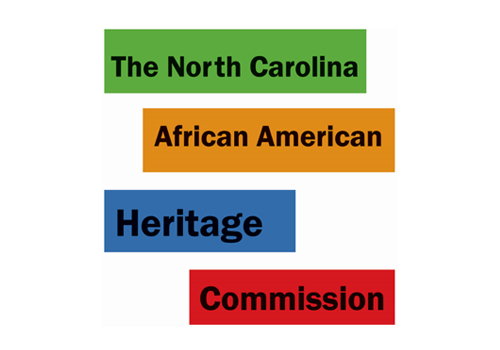Leader




Partner












Supporter








African American youth experience racial discrimination at an alarming rate compared to other ethnic groups, thus increasing their risk for physical, emotional and behavioral symptoms secondary to perfectionistic behavior. Exposure to racism for African American youth can have a great impact on their psycho-social mentality, academics and self-perception overall. Racism lowers one’s views of oneself, which in turn lowers self-perception. Depression, stress and decreased academic outcomes are other likely results. In addition, studies have shown African American youth to handle stressors and discrimination through internalization, which may lead to depression or other internalizing or externalizing behaviors including: rage, anger and rebellion. This vicious cycle at such a young age grows and festers into adulthood leading to a decrease in quality of life.
According to their 2014 study, authors Lambert, Robinson, Lalongo, Martin & Lewis found that racial discrimination is common among African American youth and may produce maladaptive perfectionism if youth feel that they do not meet others’ expectations. Perfectionism is a multi-dimensional personality characteristic with adaptive and maladaptive features. Maladaptive features may include: negative social interactions, avoidant coping and negative perceptions of social support. Socially prescribed perfectionism may be a mechanism linking experiences of racial discrimination with depressive symptoms. Perfectionism in adolescents provides an opportunity for youth to set high academic expectations, but also raises concern for self-criticism regarding one’s academic performance. The Experiencing racial discrimination may trigger maladaptive perfectionistic beliefs in African American youth who perceive that they are not meeting societal standards. It is unclear a true determinant for perfectionism in the African American community, but reported to be more malleable during the adolescent years be it based on exposure of external factors and/or others perceptions.
As researchers Herman, Wang, Trotter, Reinke aned Lalongo argue: “Competency models of depression suggest that academic, emotional, and social deficits during childhood contribute to enduring negative perceptions”. In addition, such models also suggests that higher levels of maladaptive perfectionism are associated with lower competencies and higher levels of anxiety and depression during the middle school years, (Herman et al., 2013). Other factors that link perfectionism and depression include: self-worth, self-esteem and self-acceptance.
It is important for health care providers to assess and evaluate African American adolecents’ self-perception to prevent a negative effect on youth mental and physical development. Research must focus on understanding the origins of perfectionism in order to better inform intervention efforts targeting at-risk African American youth. Because perfectionism may be a malleable trait, providing clinicians with effective interventions ensures that they are equipped with the tools to adequately address this growing concern in African American youth.
References:
Affrunti, N. W. & Woodruff-Bolden, J. (2014). Perfectionism in pediatric anxiety and depressive disorders, Clinical Child and Family Psychology, 17, 99-317.
Dunkley D. M., Sanislow, C. A., Grilos, C. M., MacGlashan, T. H. (2006). Perfectionism and depressive symptoms 3 years later: Negative social interactions, avoidant coping and perceived social support as mediators, Comprehensive Psychiatry, 47, 106-115.
Sellers, R. M., Copeland-Linder, N. , Martin, P. P. & L’Hereux, R. L. (2006). Racial identity matters: The relationship between racial discrimination and psychological functioning in African American adolescents. Journal of Research on Adolescents, 16, 187-216.
Herman, K. C., Wang K., Trotter, R., Reinke, W. M. & Lalongo, N. (2013). Developmental trajectories of maladaptive perfectionism among African American adolescents. Child Development, 84, 1633-1650.
Lambert, S. F., Robinson, W. L., Lalongo, N. S., Martin, P. P. & Lewis, R. L. (2014). The role of socially prescribed perfectionism in the link between perceived racial discrimination and African American adolescent depressive symptoms, Journal of Abnormal Child Psychology, 42, 577-587.
Lambert, S. F., Herman K. C., Bynum, M. S. & Lalonga, N. (2009) Perceptions of racism and depression symptoms in African American adolescents: The role of perceived academic and social control, Journal of Youth and Adolescence, 38, 519-531.























